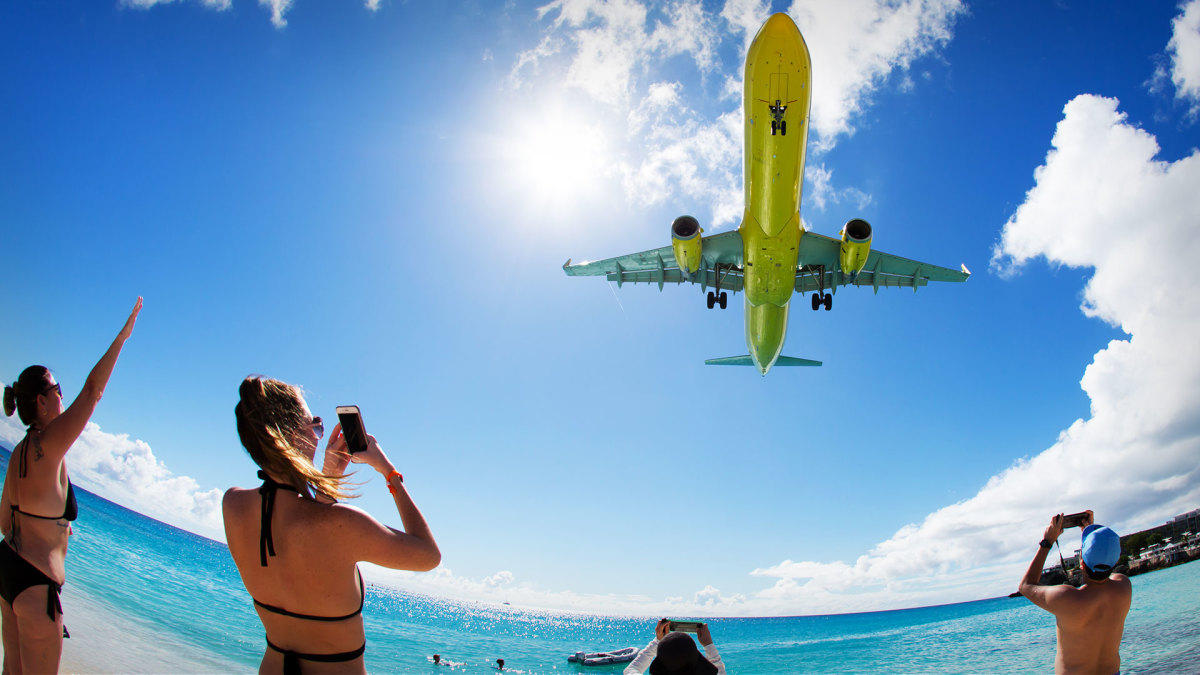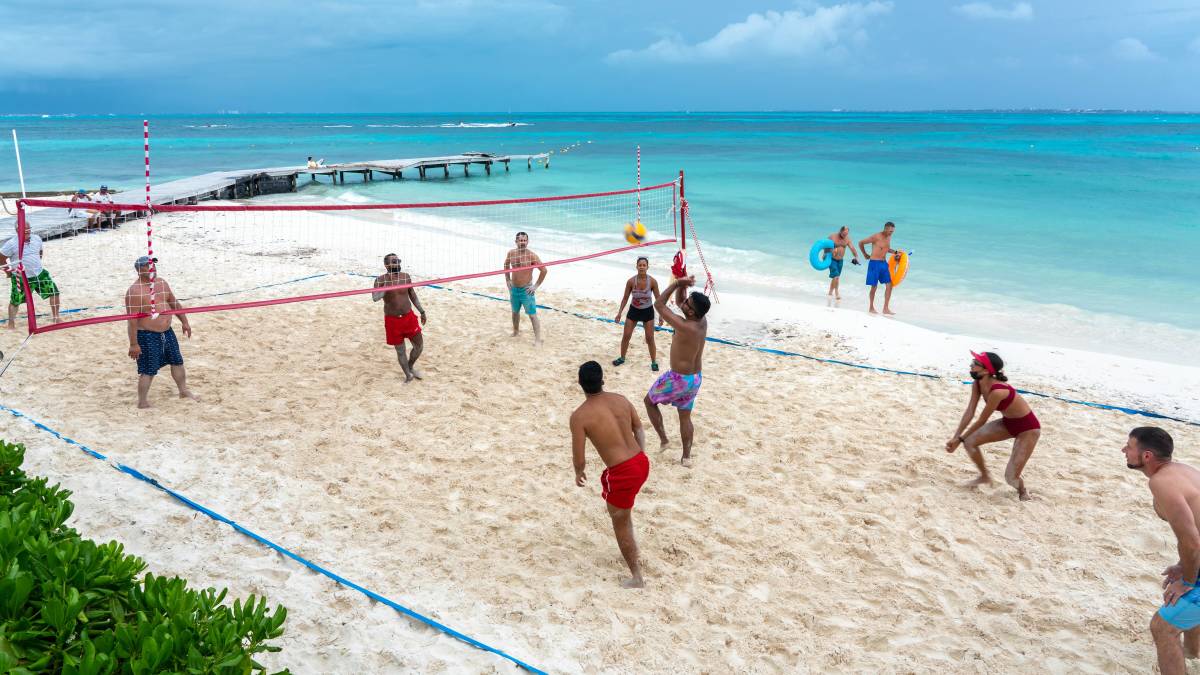
Spring Break, or a period in March when colleges and schools across the U.S. pause for a weeklong break in studies, is not far past the holidays as the most popular travel period in the year.
The highest traffic is always observed in airports near college towns and sunny locales that have, over the years, gained reputations as Spring Break hotspots — New Orleans and Las Vegas as well as Florida's Fort Lauderdale, Daytona Beach and Panama City in the U.S. and Cancun, Cabo San Lucas and Punta Cana internationally.
Related: Forget Disney and Bud Light, Ron DeSantis has a new target
In advance of the popular travel period that depending on the schedule of each particular college may have already begun, the Transportation Security Administration (TSA) said that it expects the days between March 7 and March 25 to see record traffic.

mariakray/Shutterstock
'Travel volumes are trending above the same period in 2023...'
"TSA screened a record number of passengers in 2023, and we expect that trend to continue this year," TSA Administrator David Pekoske said in a statement. "So far in 2024, travel volumes are trending at nearly 6% above the same period in 2023."
More Travel:
- A new travel term is taking over the internet (and reaching airlines and hotels)
- The 10 best airline stocks to buy now
- Airlines see a new kind of traveler at the front of the plane
While the TSA did not single out specific airports, travel booking platform Trivago recently identified Fort Lauderdale an hour outside Miami as the city seeing the biggest burst of Spring Break interest in 2024 while AAA Travel saw a 60% increase in South Florida as a whole.
"Orlando is the top choice for Spring Break travelers, while Fort Lauderdale and Miami are the two most popular domestic cruise ports," AAA Senior Vice President Paula Twidale wrote in a statement.
'Remember everyone around you is also on their own journey...'
As Spring Break is also commonly associated with young adult debauchery, the TSA also issued a number of tips for staying safe and minimizing problems while traveling to and from one's destination.
"Remain patient and remember everyone around you is also on their own journey," the government agency said in a statement. "Passengers who engage in unruly behavior at the checkpoint, the gate area or in-flight may face substantial penalties and possible prosecution on criminal charges."
Some of these travel tips, such as familiarizing oneself with the 3-1-1 rule for transporting liquids or having valid ID consistent with what is required by one's destination, are basic regulations that apply to all air travel while others are specific for young people on their way to a beach.
At the end of February, the U.S.. Embassy and Consulates in Mexico issued a warning specifically for spring breakers on their way to the country — in particular when it comes to safety around swimming and water sports while intoxicated, high-crime areas outside resorts and the risk of consuming tainted drugs and alcohol.
"Travelers should maintain a high level of situational awareness, avoid areas where illicit activities occur, and promptly depart from potentially dangerous situations," the embassy wrote in a travel alert sent out on Feb. 26. "U.S. citizens should exercise increased caution in the downtown areas of popular Spring Break locations including Cancun, Playa Del Carmen, and Tulum, especially after dark."

.jpg?w=600)





